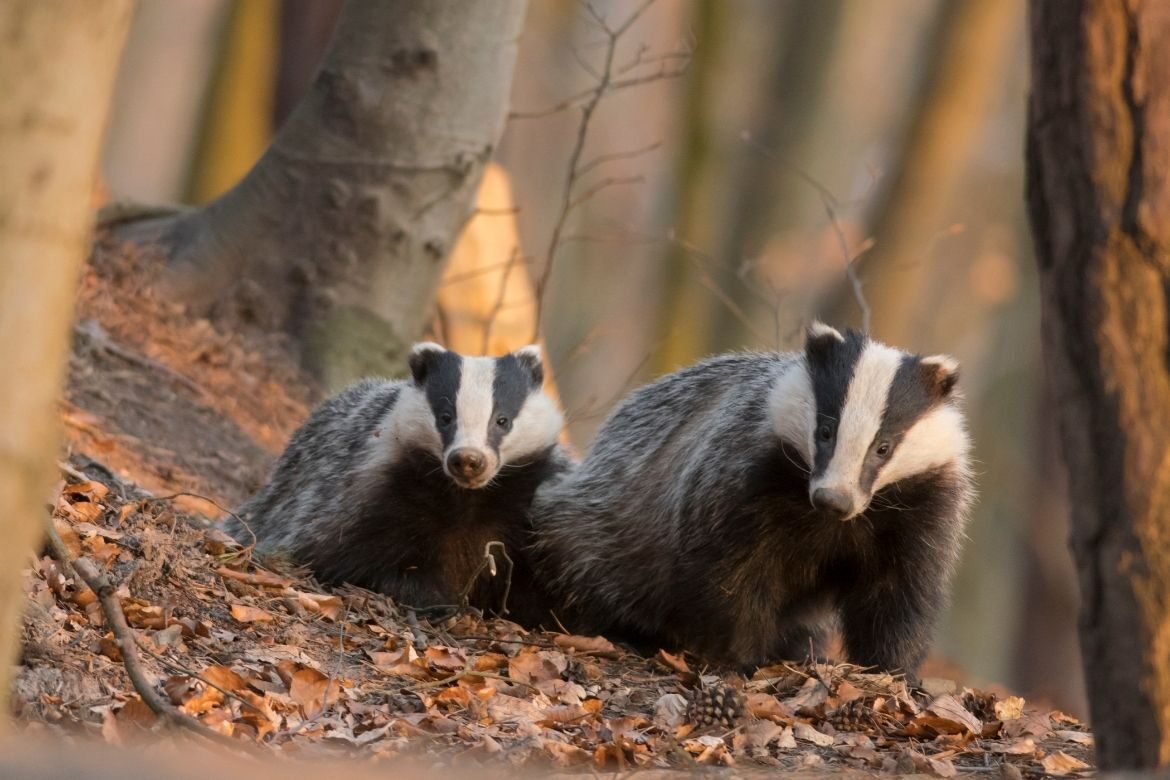Data on badger culling and bovine tuberculosis (TB) control in cattle remains somewhat limited, and an ongoing analysis is needed to ascertain the linkage.
Animal-welfare organisation Born Free published its latest findings in the Veterinary Record scientific journal last month. The British Veterinary Association (BVA) welcomed the research, but said that not all views expressed were in keeping with its own.
It said, “The study suggests that a decline in incidence and prevalence [of bovine TB] could be linked to the introduction of cattle-based disease control measures in that same time period.” James Russell, BVA senior vice-president, said an analysis by the Department for Environment, Food and Rural Affairs (Defra) shows a different perspective. “We will be reviewing the new research in order to draw our own conclusions on the robustness of the analysis and any implications for our policy.”
Chief veterinary officer Christine Middlemiss and chief scientific adviser Gideon Henderson don’t regard the methodology used as valid, and in their view, the data was “grouped incorrectly”. They claim that their analysis indicates that badger culling is associated with a reduction of bovine TB in cattle herds in the high-risk areas.
“We agree with the authors that officially TB-free withdrawn herd incidence is declining, and that increased controls on cattle movements, testing and biosecurity will have contributed to this success,” Middlemiss and Henderson added.

